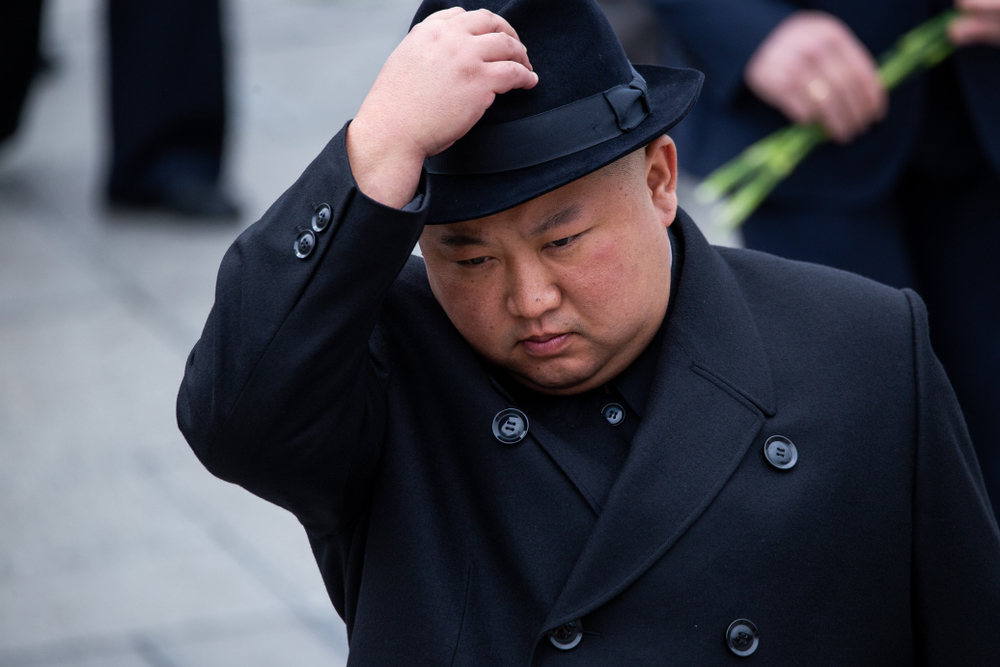Kim Jong-Un has reportedly ordered the execution of at least 30 government officials.
Others are reading now
In the wake of catastrophic floods in North Korea’s Chagang Province and the Yalu River region, Kim Jong-Un has reportedly ordered the execution of at least 30 government officials.
Corruption for Failure to Protect
These officials were accused of corruption and failing to prevent the severe flooding and landslides that ravaged the country in July, according to reports from South Korean media outlets TV Chosun and Yonhap and Ziare.
The floods, caused by unusually heavy rainfall, led to the deaths of an estimated 4,000 to 5,000 people. Among those executed was Kang Pong-Hun, the former chief secretary of the Chagang Provincial Committee of the ruling Workers’ Party.
Additionally, high-ranking officials such as Public Security Minister Ri Thae-Sop were removed from their positions during a political bureau meeting.
Also read
Supress Influence from South Korea
The disaster primarily impacted the Chagang Province and the border area with China along the Yalu River. Reports indicate that over 5,000 people were killed or displaced, with more than 4,000 buildings and 3,000 hectares of farmland destroyed in the cities of Sinuiju and Uiju.
In response, Kim Jong-Un held an emergency meeting to address the crisis, during which he dismissed several top officials for their alleged negligence.
Public executions in North Korea are not uncommon, especially under Kim Jong-Un’s regime. Before the COVID-19 pandemic, the country averaged about 10 public executions annually, but that number has reportedly surged to 100 in recent years.
These executions are part of a broader effort by the regime to suppress any influence from South Korea and maintain strict control over its population.
Kim has also rejected international aid and ordered that approximately 15,000 displaced residents be relocated to the capital, Pyongyang, estimating that it will take two to three months to rebuild the affected areas.


